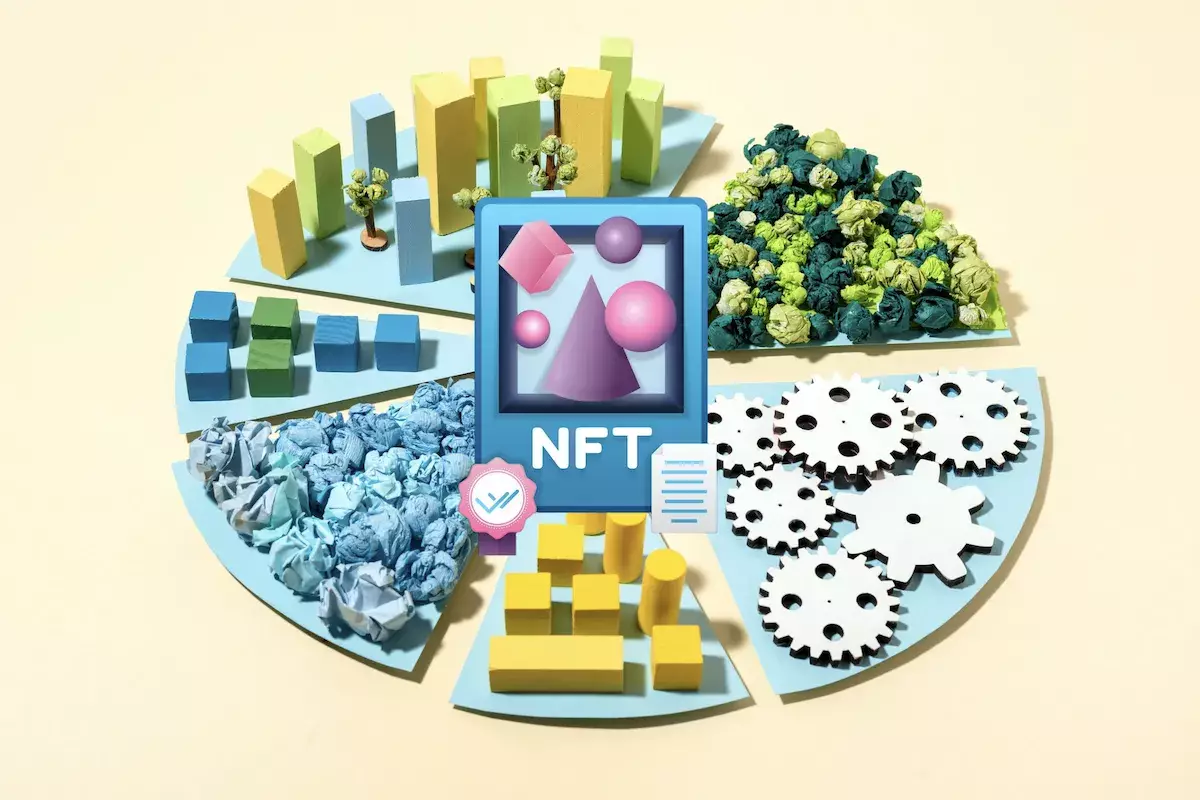As the world grapples with the pressing challenges of climate change, Europe has taken the lead with the European Green Deal—an ambitious framework aimed at fostering sustainability and reducing carbon footprints. Central to this effort is the necessity to overhaul production processes, realign consumer behaviors, and encourage eco-friendly practices within industries. By maneuvering toward a circular economy that emphasizes reducing waste and maximizing resource efficiency, Europe is demonstrating a comprehensive approach to environmental stewardship. This initiative involves enhancing product design, efficient resource usage, and a robust recycling strategy to combat the impacts of pollution.
At the heart of this transformation lies the Digital Product Passport (DPP). This innovative concept has been developed to ensure transparency across supply chains, allowing consumers to make more informed decisions based on comprehensive product information. The core principle of DPPs revolves around documenting the entire lifecycle of products, from raw material extraction to the point of recycling. This meticulous tracking offers opportunities for improved sustainability, potentially revolutionizing how we interact with the products we use daily.
Digital Product Passports provide a real-time, intricate digital record of a product’s journey through the economy. Each product is linked to a unique digital file that captures vital details including its composition, environmental impact, and repair options. Through the lens of the Ecodesign for Sustainable Products Regulation (ESPR), this framework mandates manufacturers to prioritize waste reduction and adhere to emissions standards while designing products. Similarly, the Circular Economy Action Plan (CEAP) encourages designs that facilitate reuse, repurposing, and recycling.
The transparency embedded in DPPs reveals critical sustainability metrics such as carbon emissions and the proportion of recycled materials incorporated into products. This information not only empowers consumers but also nudges manufacturers toward responsible sourcing and production practices. Furthermore, DPPs support compliance with evolving EU regulations, ensuring that industries maintain ethical standards in resource management.
While Non-Fungible Tokens (NFTs) are often associated with digital art, their application in the realm of Digital Product Passports brings a new dimension to product tracking and accountability. An NFT serves as a unique digital certificate that can accompany physical products throughout their lifecycle. When linked with a product, an NFT becomes a digital twin that documents every significant transaction and change in ownership. This ability to maintain an immutable history makes NFTs an invaluable asset in the transparency landscape, helping consumers trace the origin and journey of their possessions.
Blockchains, the technology underlying NFTs, inherently provide a decentralized platform where data can be stored securely and transparently. The characteristics of blockchain technology, particularly its immutability, bolster confidence in the authenticity of product histories. Interested parties can be assured that tampering or misleading information is greatly diminished.
The real-time functionalities of NFTs can further enrich Product Passports by documenting repairs, ownership transitions, and ultimate disposal in an instantaneous manner. This level of detail not only sheds light on the product’s history but also enhances the credibility of secondhand market transactions.
Despite the considerable advantages of transparency, challenges exist in balancing public access to product details with the need to protect sensitive information. Innovative methods, such as zero-knowledge proofs, enable parties to validate information without disclosing the specifics, maintaining confidentiality while ensuring reliability. Such techniques are crucial in industries where sensitive data or trade secrets are commonplace, as they cultivate an environment of trust without infringing on competitive edge.
Furthermore, initiatives from companies such as Circularise show promise in developing blockchain-based solutions to integrate NFTs, decentralized identifiers (DIDs), and verifiable credentials (VCs) to enhance the functionality of Digital Product Passports. Such efforts not only streamline supply chain interactions but also ensure that each data contributor’s identity is verified, safeguarding the information’s integrity.
As Europe continues to refine its regulatory landscape, the need for synergy between NFT strategies and traditional regulatory frameworks becomes increasingly evident. While the potential for NFTs in supply chain management is significant, complexities arise from the inherent variations in blockchain technology and the necessity for interoperability across platforms. Additionally, privacy regulations like GDPR create further hurdles in how data is managed and shared within these systems.
Furthermore, as the market begins to adopt NFT-based DPPs more widely, stakeholders must prioritize educating manufacturers and consumers about the practical benefits of this technology. By moving beyond the hype surrounding NFTs and emphasizing their utility in addressing real-world challenges, Europe may secure a competitive edge in the evolving landscape of sustainable products.
The integration of Digital Product Passports with blockchain technology offers an exciting vision for a sustainable future, highlighting the importance of transparency and accountability in product life cycles. By leveraging the unique capabilities of NFTs, Europe is taking significant strides toward ensuring sustainable practices that align with consumer expectations and regulatory standards alike. As industries adapt and innovate to harness the potential of DPPs, the promise of a more eco-conscious economy appears more attainable than ever. With these advancements, Europe sets a strong precedent that could inspire global movements towards sustainable product management and ethical consumption.

